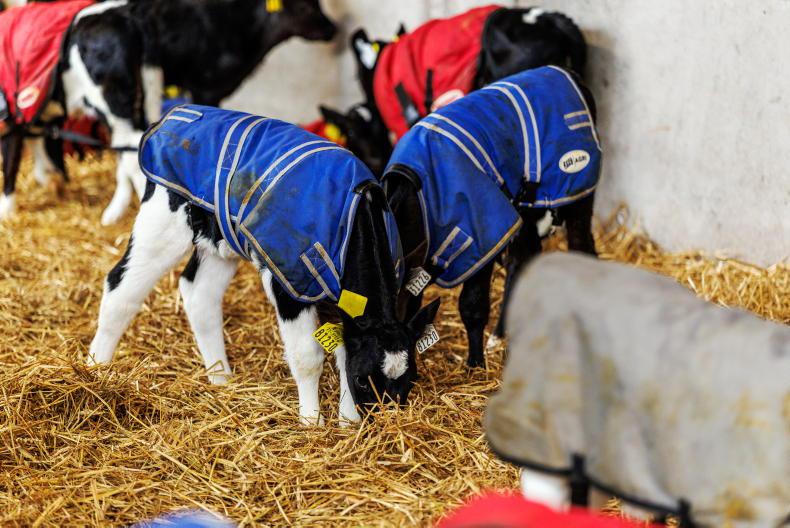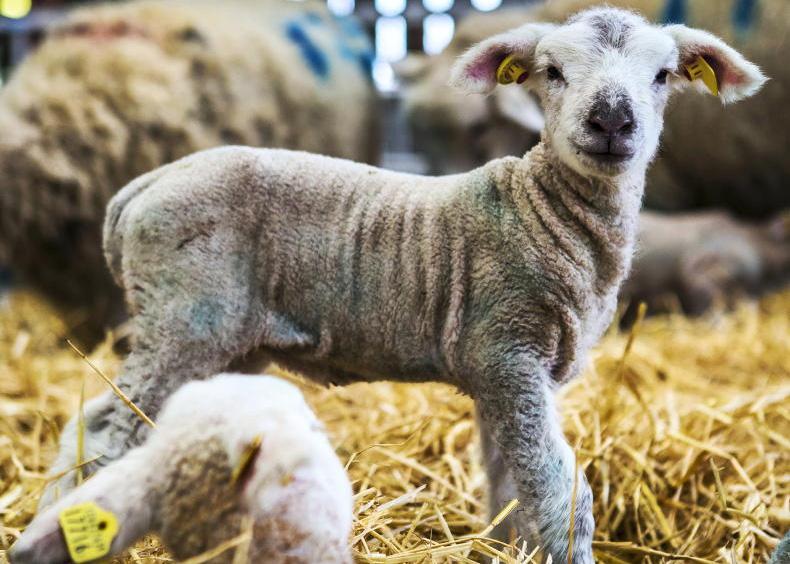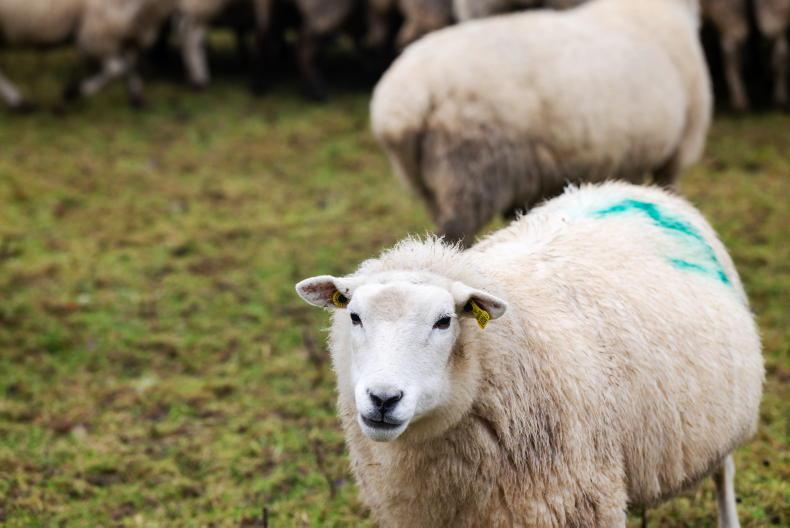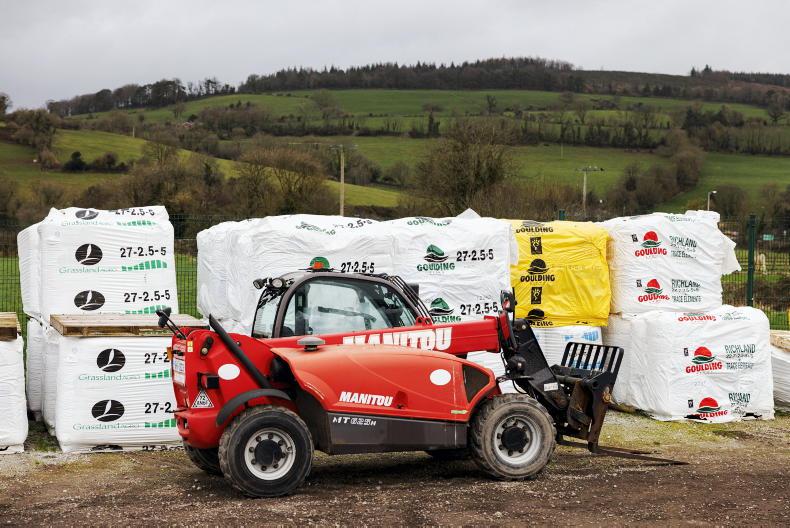Two-year-old calving: There is always debate around two-year-old calving and whether it is worth the hassle. Teagasc research has shown that it’s a key driver of profitability and yet just 23% of heifers calve down for the first time between 22 and 26 months.
There are a few reasons for this – heifers not reaching target weights at breeding, fear of heifers not going back in-calf and a different group to manage around calving and grazing. Having heifers at 60% of their mature weight at breeding is critical but in a suckler system, this shouldn’t be a barrier.
A heifer born on 1 February at 40kg needs to gain 0.8kg day between birth and 1 May 2020 to hit 400kg at breeding. If she can’t do this, ask yourself why you are keeping her as a future cow for your herd.
Once bred, the animal is still growing so needs to get a good grazing and priority treatment over the winter months with good-quality silage.
Once calved, depending on turnout date, concentrates may need to be fed to avoid excessive body condition loss resulting in a delayed return to cycling and slippage in calving date.
Feeding rates should be around the 2-3kg /head/day of a ration high in energy and balanced for protein.
Weaning a little earlier in autumn can also help these younger cows recover quicker in advance of the next calving.
Mart demo questions: We are getting a lot of questions around minerals and the importance of the pre-calving diet around colostrum production.
Tommy Heffernan went through the importance of energy two to three weeks pre-calving and the importance of good-quality silage in the diet.
Restricting cows in feed around calving time can lead to problems with slow calvings, etc.
Feeding 0.5kg-0.75kg of soya along with a good-quality minerals can help to ensure you have healthy calves that get up and suck quickly.
BEEP: Friday 22 February is the closing date for BEEP applications to be with the Department of Agriculture. Applications can be made on agfood.ie.
If you are unsure about the scheme, it’s important to get your application in as you can opt out of the scheme if you decide to before any weighing takes place.
Weighing of animals must not take place before 8 March 2019 to ensure payment under the scheme.
Weighing scales are expected to be available in participating co-ops by the end of March.
Livestock demos: The livestock team heads to Central Auctions, Roscrea, tonight Thursday 21 February at 7pm and Balla Mart, Co Mayo, next Thursday 28 February at 7pm with their roadshow “Achieving targets with healthy animals this spring”.
Both events are KT-approved and will feature demos on calf health, breeding and Brexit.
All events are KT-approved under the Knowledge Transfer scheme.
A livestock demo titled “Planning for a successful calving period” will also take place next week in Camlough Mart, Co Armagh, at 7.30pm as part of the BETTER farm beef challenge NI.
All events are free to attend and everybody is welcome. For more details, see www.farmersjournal.ie.









SHARING OPTIONS